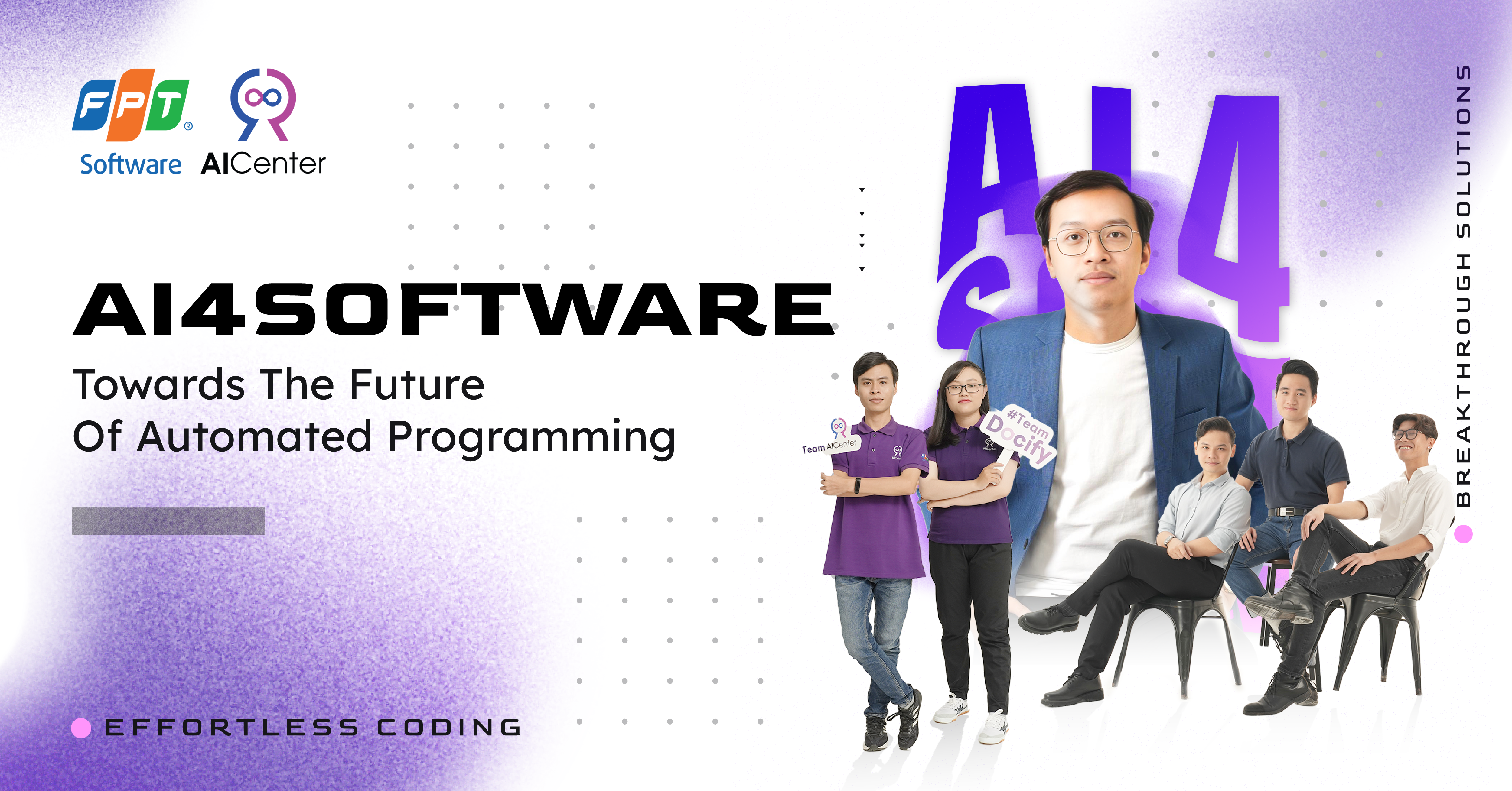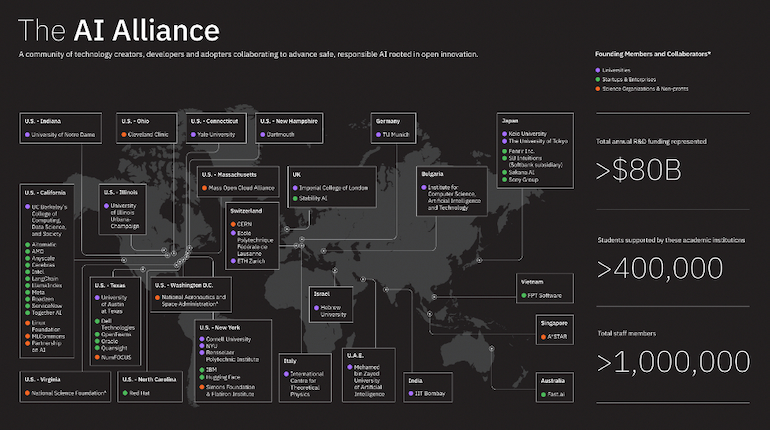
With the recent announcement of FPT Software's collaboration in the AI Alliance, a groundbreaking initiative led by industry giants IBM and Meta, we stand at the precipice of a transformative era. This partnership not only signifies our commitment to the forefront of AI but also presents a unique opportunity to evolve our approach to open-source development. Dr. Nghi Bui, Head of AI at FPT Software AI Center, underscores this by stating that nearly 30% of Fortune 100 companies have established Open Source Program Offices (OSPOs), which play a crucial role in encouraging and ensuring compliance with open-source practices. Reflecting on industry trends, Dr. Bui notes that according to the Linux Foundation, there has been a 32% increase in OSPO adoption globally since 2022, and 72% of companies planning to implement an OSPO or open-source software (OSS) initiative expect to do so within the next 12 months. This highlights the growing importance and influence of open-source in the corporate sector, marking a strategic direction for FPT Software's involvement in this movement.".

His expertise and strategic vision are instrumental in steering FPT Software through this new era, focusing on the integration of open-source practices in alignment with our commitment to the forefront of AI technology.
1. Developing an Open-Source Culture at FPT Software
+ Motivation: Open-source principles like collaboration, transparency, and communal development align well with innovation-driven companies. They encourage a more dynamic and responsive approach to software development.
+ Concrete Actions:
- Training and Workshops: Organize regular sessions to educate employees about open-source values and practices.
- Internal Open-Source Projects: Initiate internal projects under open-source licenses to give employees hands-on experience with open-source development.
- Community Contributions: Encourage participation in external open-source projects to broaden the team's exposure and expertise.
2. Utilizing Platforms like GitHub
+ Motivation: Platforms like GitHub facilitate collaboration, code sharing, and version control, making them indispensable for modern software development, especially in open-source projects.
+ Concrete Actions:
- Integration in Workflow: Make GitHub (or similar platforms) a central part of the development workflow for all projects, open-source or otherwise.
- GitHub Training: Conduct training sessions on GitHub's advanced features to maximize its utility.
- Open Repositories: Host open-source projects on public GitHub repositories to encourage community engagement and collaboration.
+ Strategizing Open-Source Contributions:
- Motivation: Strategically determining what can be open-sourced helps maintain a balance between benefiting from community contributions and protecting proprietary technology.
- Concrete Actions:
- Evaluation Committee: Establish a committee to assess which projects are suitable for open-sourcing.
- Open-Source Policy: Develop a clear policy outlining criteria for open-sourcing projects, including considerations for intellectual property and competitive advantage.
- Community Feedback: Actively seek input from the open-source community on potential projects to gauge interest and viability.
3. Establishing an Open-Source Department
+ Motivation: A dedicated department ensures focused efforts towards open-source initiatives, ensuring compliance, guiding strategy, and facilitating community interactions.
+ Concrete Actions:
- Department Formation: Form a department with roles specifically dedicated to managing and promoting open-source projects.
- Open-Source Advocacy: This department should actively advocate for open-source within the company, organizing events and discussions.
- External Collaboration: Engage with other organizations and open-source communities to form partnerships and collaborative projects.
As Dr. Nghi Bui, Head of AI at FPT Software AI Center, and the leader primarily on AI4Software initiatives, emphasizes, the journey towards a deep-rooted open-source culture is pivotal for FPT Software to be a valuable member of the AI Alliance. Dr. Bui's goal is to integrate the innovation of Generative AI into Software Development, aiming to significantly enhance the productivity of over 30,000 developers at FPT Software. In addition to his role at FPT Software, Dr. Bui holds a professorship position at Singapore Management University, bringing experience from prestigious research labs like Huawei Ireland Research Center and Salesforce AI Research. His team at FPT is distinctive for consistently publishing high-quality open-source projects that garner substantial attention from the AI research community. Notable projects include CodeCapybara and The Vault. To explore more about his group's impactful contributions, visit their GitHub repository: https://github.com/FSoft-AI4Code






























